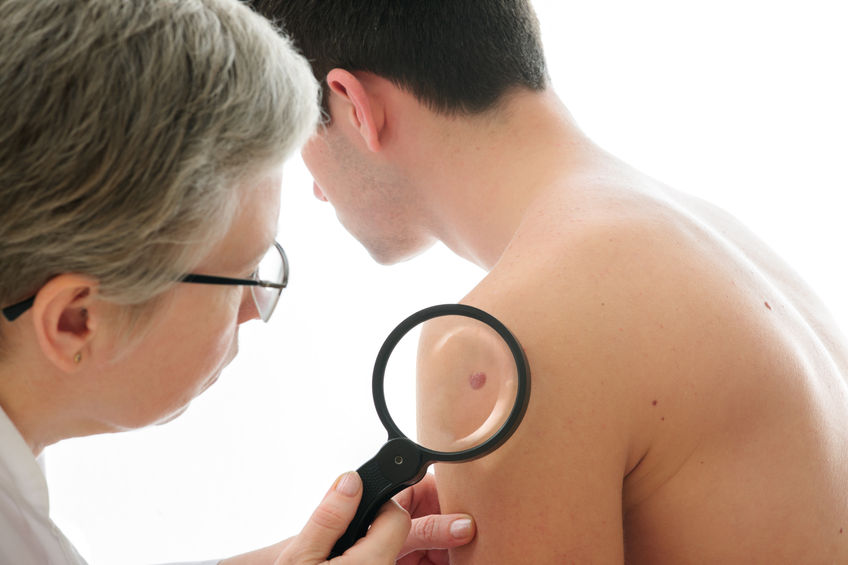Skin Specialist Auckland - If we can spot it, we can stop it
Skin cancer is the most common of all cancers and about 90 percent of non-melanoma skin cancers are associated with exposure to ultraviolet (UV) radiation from the sun. However, skin cancer it is also the easiest cancer to cure, if spotted and treated early.
What can you do to prevent skin cancer?
We recommend you have one of our doctors do a full-body exam. Your GP will make sure that any existing spots, freckles, or moles are normal. They will then treat any spots they may not be happy with.
We can spot changes in your skin. Skin cancer is easily treatable if diagnosed early. After your check has been done by one of our doctors, we suggest that once a month you carry out full self-examination and check your skin head-to-toe.
Your full check only needs to take 10 minutes: a small investment in time that could save your life. This skin check can alert you to any changes and help in the early detection of skin cancer. For most people this is enough, but we recommend you ask your doctor if you should do checks more often.
What skin changes should I look for?
There are three main types of skin cancer: basal cell carcinoma, squamous cell carcinoma and melanoma. Each looks different, so it is important to know the early warning signs.
Watch for:
- A skin growth that is increasing in size
- A lesion that appears to have multiple colours, i.e. pink, brown, white etc.
- A mole, birthmark, beauty mark, or any brown spot that changes colour or increases in size, texture or thickness
- A spot that is irregular in outline or bigger than 6mm or a small phone charger plug
- A spot that itches, hurts, scabs or bleed but won’t heal properly
- An open sore that does not heal within three weeks
- A new spot that was not there before
Keep an eye out for for change of any kind. Do not ignore a funny-looking spot simply because it does not hurt. Skin cancers may be painless but still dangerous. If you notice one or more of the warning signs, see one of our doctors straight away. Don’t ignore it. Don’t delay.
We recommend you always use a sunscreen with an SPF 15 or higher and that you follow our full list of skin cancer prevention tips.
- Look for shade, especially between 10:00 AM and 4:00 PM.
- Do not burn.
- Avoid tanning and UV tanning booths.
- Cover up with clothing, including a broad-brimmed hat and UV-blocking sunglasses.
- For extended outdoor activity, use a water-resistant, broad spectrum (UVA/UVB) sunscreen with an SPF of 30 or higher 30 minutes before going outside.
- Reapply sunscreen every two hours or immediately after swimming or excessive sweating.
- Keep babies out of the sun. Sunscreens should be used on babies over the age of six months.
- We recommend you and your family ask for a skin check from a skin specialist Auckland trusts once a year as part of your health care plan.
Contact us if you would like to enrol as a patient at McLaren Health medical centre and take advantage of our skin cancer checks.

